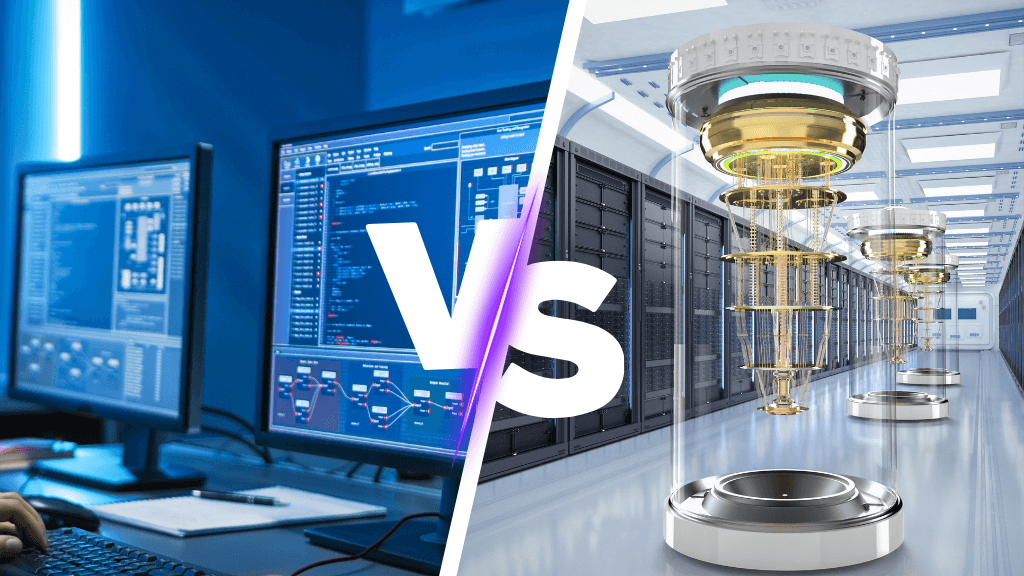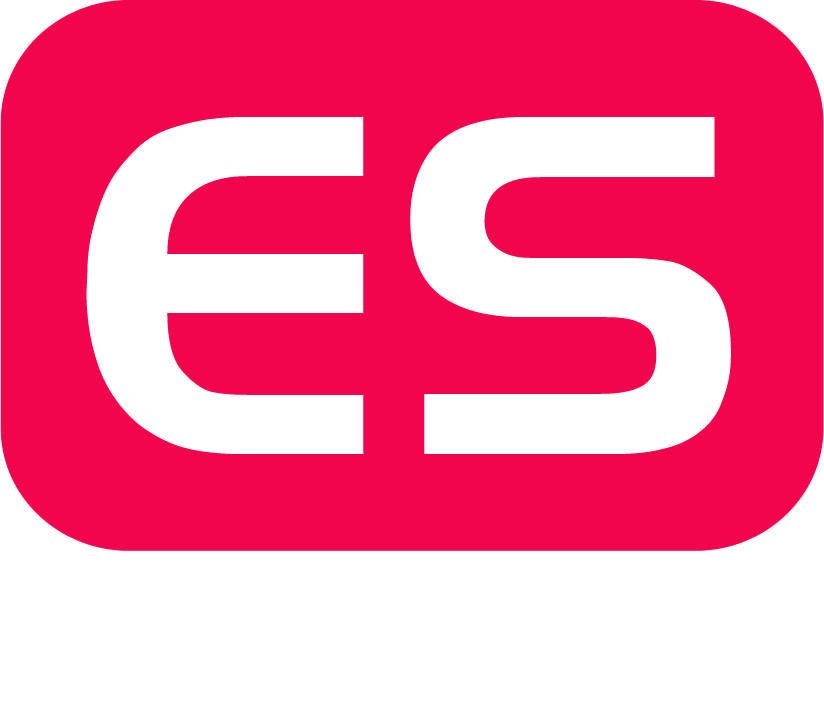In today's technology filled age, the role of computing is very crucial, today the most exciting advancements are: Quantum Computing and Classical Computing. Both have different approaches to solving complex problems, but they both work on fundamentally different principles. Let us understand the main difference between the two.
Classical Computing: Basic Principal
If we talk about classical computing then this is a traditional approach where data works in binary format 0s and 1s. This method is completely based on classical physics and it serves as an important part of the technology. From smartphones to supercomputers, which use bits as the smallest unit of data.
Key Features:
Bits and Logic Gates: Classical computers represent bits (0 or 1), and logic gates process those bits through logical operations like AND, OR, and NOT.
Sequential Processing: Classical computers are those that execute one operation at a time, following a set sequence of instructions.
Deterministic: When we give the same input, classical computers always produce the same output and give us the same.
Quantum Computing: A Unique Approach
Quantum Computing represents a revolutionary approach, which is based on the principles of quantum mechanics. Quantum computers use qubits, which are very different from classical bits.
Key Features:
Qubits and Superposition: Qubits have the ability to exist in multiple states simultaneously (superposition). Which means that one qubit can represent both 0 or 1 parallelly, which expands the computational power.
Interconnection: Quantum computers use interconnection, in which qubits are interconnected, when the state of one qubit changes, its connected partner is also affected instantly, which helps a lot in complex problem-solving.
Consistency: Quantum computers are able to process multiple possibilities simultaneously due to superposition, which helps them solve specific problems much faster than classical computers.
Key differences between quantum and classical computing
Data Representation:
Classical: Binary language i.e. (0 or 1) is used in bits.
Quantum: Qubits are used in this, which can be 0, 1, or both all together.
Power of Processing:
Classical: This is limited by sequential processing and number of bits.
Quantum: Can process multiple possibilities simultaneously due to superposition and entanglement.
Problem Solving:
Classical: It is suitable for every day tasks but struggles to solve problems beyond a certain limit.
Quantum: Ability to solve specific complex problems quickly and accurately, such as optimization and cryptographic challenges.
Error rates aur stability:
Classical: It is stable and error rates and corrections are well-understood.
Quantum: Quantum systems are extremely sensitive to external influences and require sophisticated error correction methods.
For Current Status and Future Prospects:
Today, classical computing is very advanced, whereas quantum computing is still in its early stages. Researchers are also trying to create more stable and scalable quantum computers, but there is still a little talk about practicality for widespread application. Or there is hope of taking time, Classical computers are like powerful horses for the present situation, but quantum computers have the ability to solve unexpected problems in the future.
Summary
In short, Quantum and classical computing are very different from each other, Classical computing is based on today's technology which has the ability to perform everyday tasks much easier whereas quantum computing is capable of solving the problems of the future. . Understanding this difference helps us a lot in appreciating the advancements in technology and understanding the computing landscape of the future.



